The New HVAC Refrigerant Mandate and Its Impact
In recent years, the push toward environmental sustainability has driven significant policy changes across multiple industries. One notable shift in the HVAC sector is the new refrigerant mandate, designed to lower the environmental impact of air conditioning systems. This change affects HVAC repair contractors, manufacturers, and service providers, requiring them to adapt to updated standards and technologies. It also directly impacts consumers, who depend on these systems for maintaining comfortable and efficient living and working environments.
Transitioning to Environmentally Friendly Refrigerants
The new refrigerant mandate requires a shift from traditional refrigerants such as R-410A to more environmentally friendly options like R-454B and R-32. According to a report in USA Today, while homeowners with legacy air-conditioning systems using R-410A will be able to use and maintain their equipment for the entirety of their useful life, newly purchased ACs will need to feature lower-emission refrigerants. This shift is part of a larger strategy to reduce greenhouse gas emissions and combat climate change.
Adapting HVAC Repair Services to New Standards
For HVAC repair contractors, the mandate presents both challenges and opportunities. On one hand, technicians must stay current with the latest technologies and refrigerants, potentially necessitating additional training and certification. On the other hand, this transition represents an opportunity to differentiate themselves by offering up-to-date services and expertise. Some contractors may choose to specialize in retrofitting existing systems with compatible refrigerants or advising consumers on upgrading their systems to comply with the new standards.
Preparing Consumers for System Upgrades
Consumers, meanwhile, need to be aware of the implications of the new refrigerant mandate. Those with existing systems using R-410A can continue their current usage, but should plan for future upgrades as older systems become less viable over time. When purchasing new air conditioning units, consumers should opt for models utilizing R-454B or R-32 to ensure compliance with environmental regulations and to avoid potential retrofitting costs later on.
The new HVAC refrigerant mandate marks a significant shift towards sustainable practices within the industry. While both HVAC repair contractors and consumers face certain challenges during this transition, the benefits of reduced environmental impact and potential cost savings in the long run cannot be overstated. With informed decision-making and strategic planning, all parties can navigate this change successfully and contribute to a healthier planet. Contact McTeer's Heating & Cooling LLC for more information on HVAC system changes.


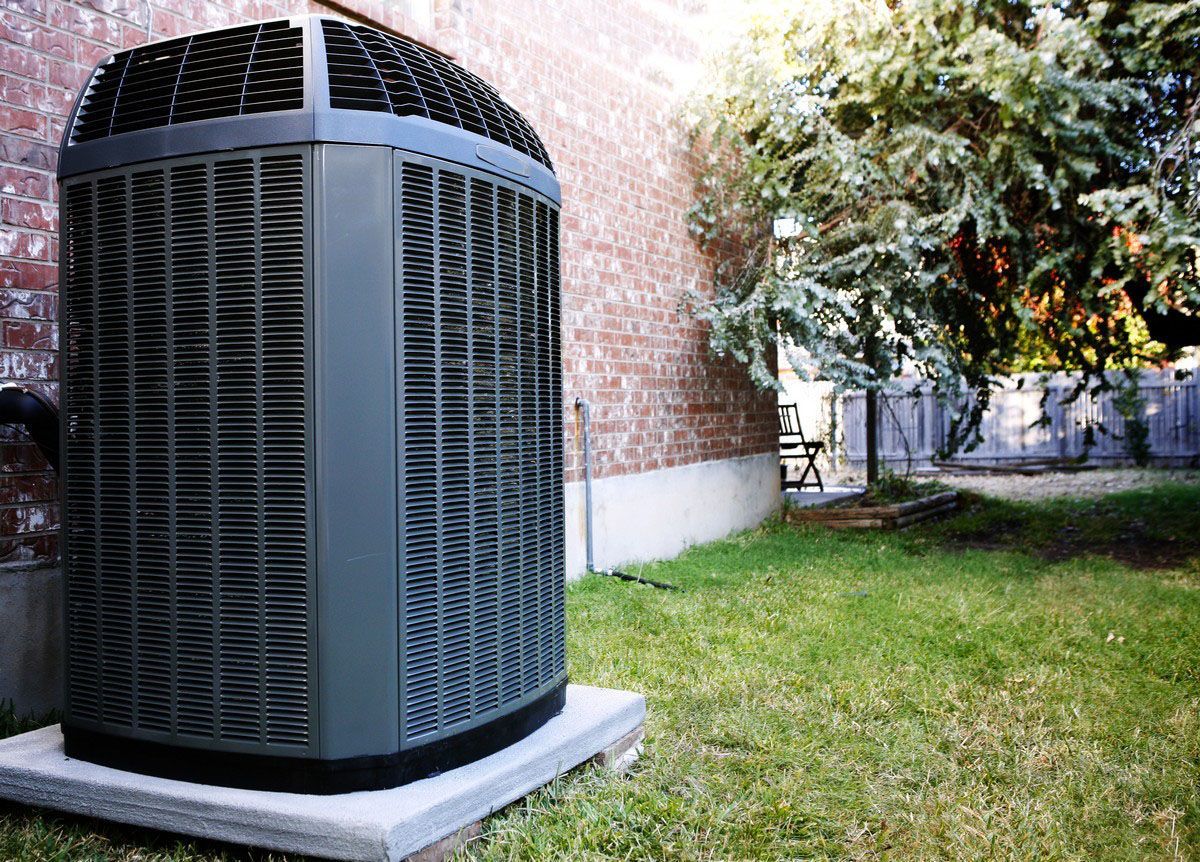
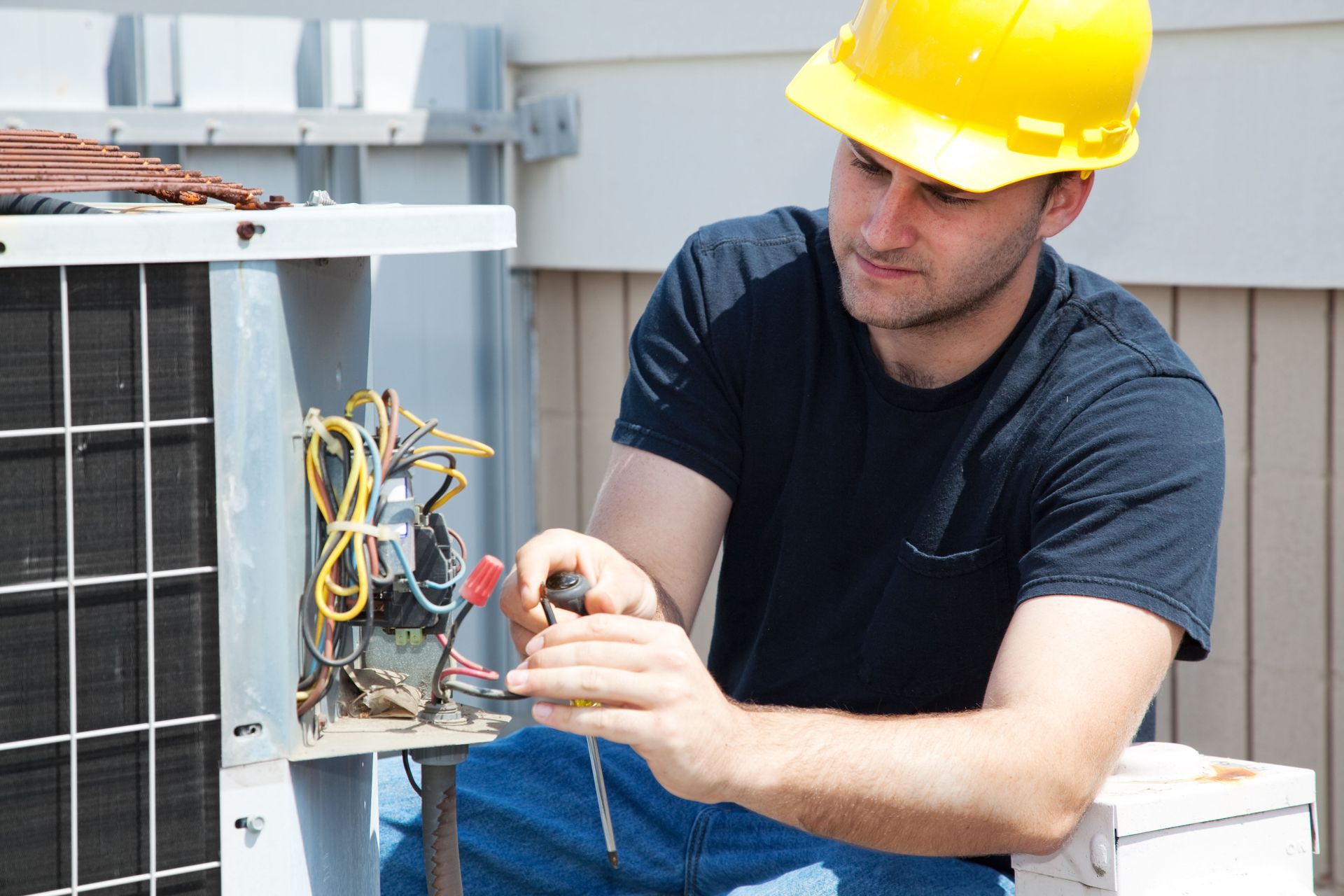

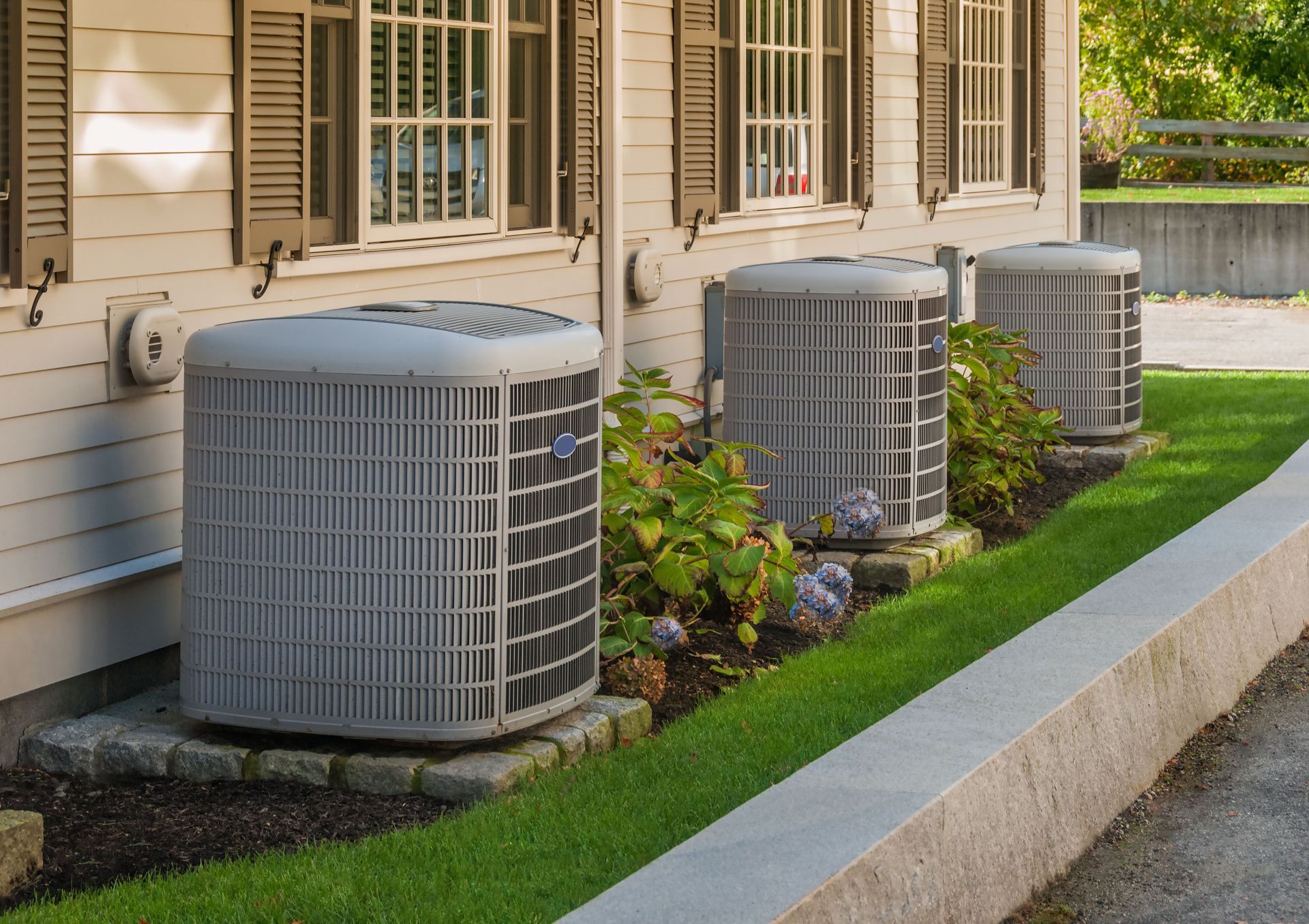
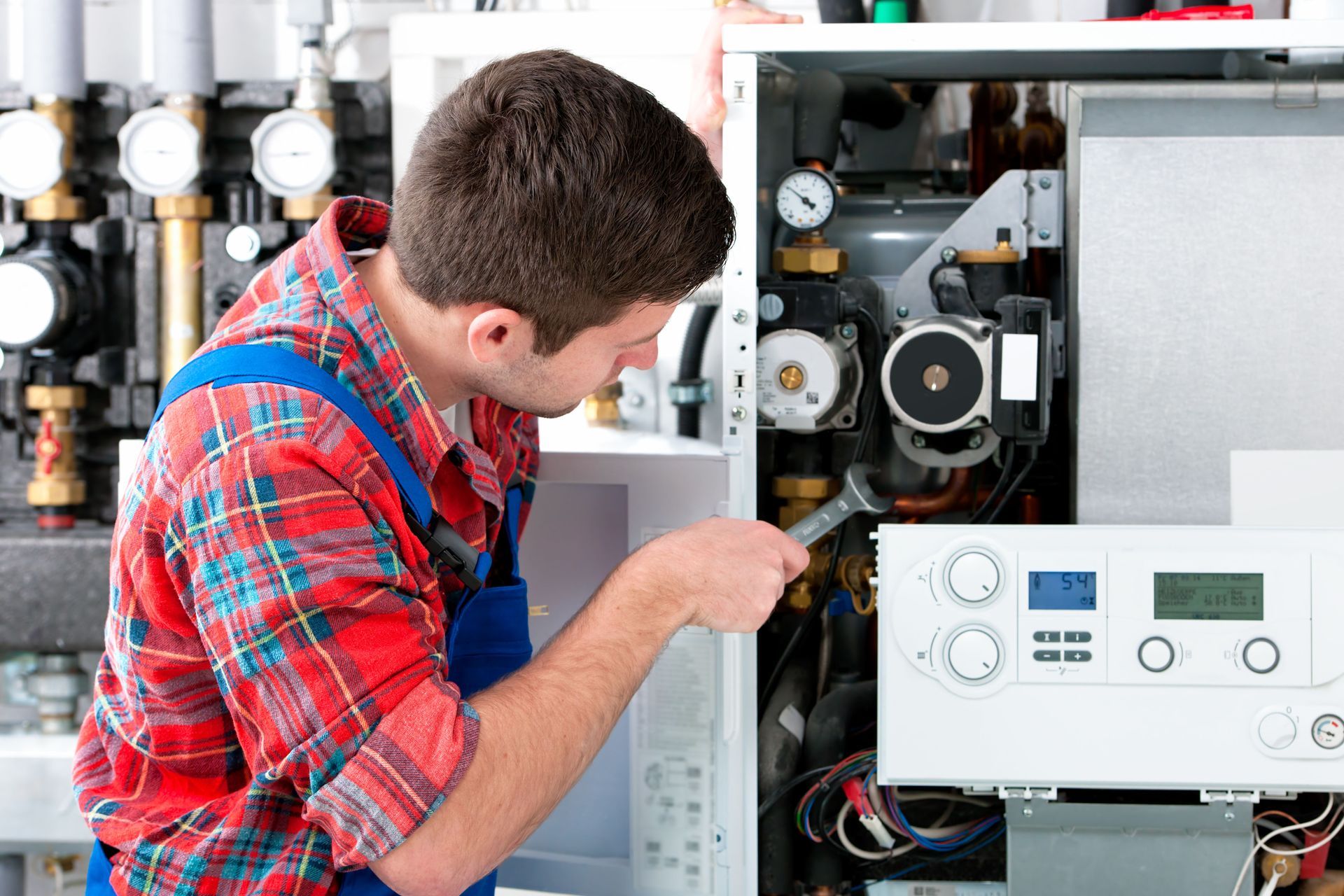
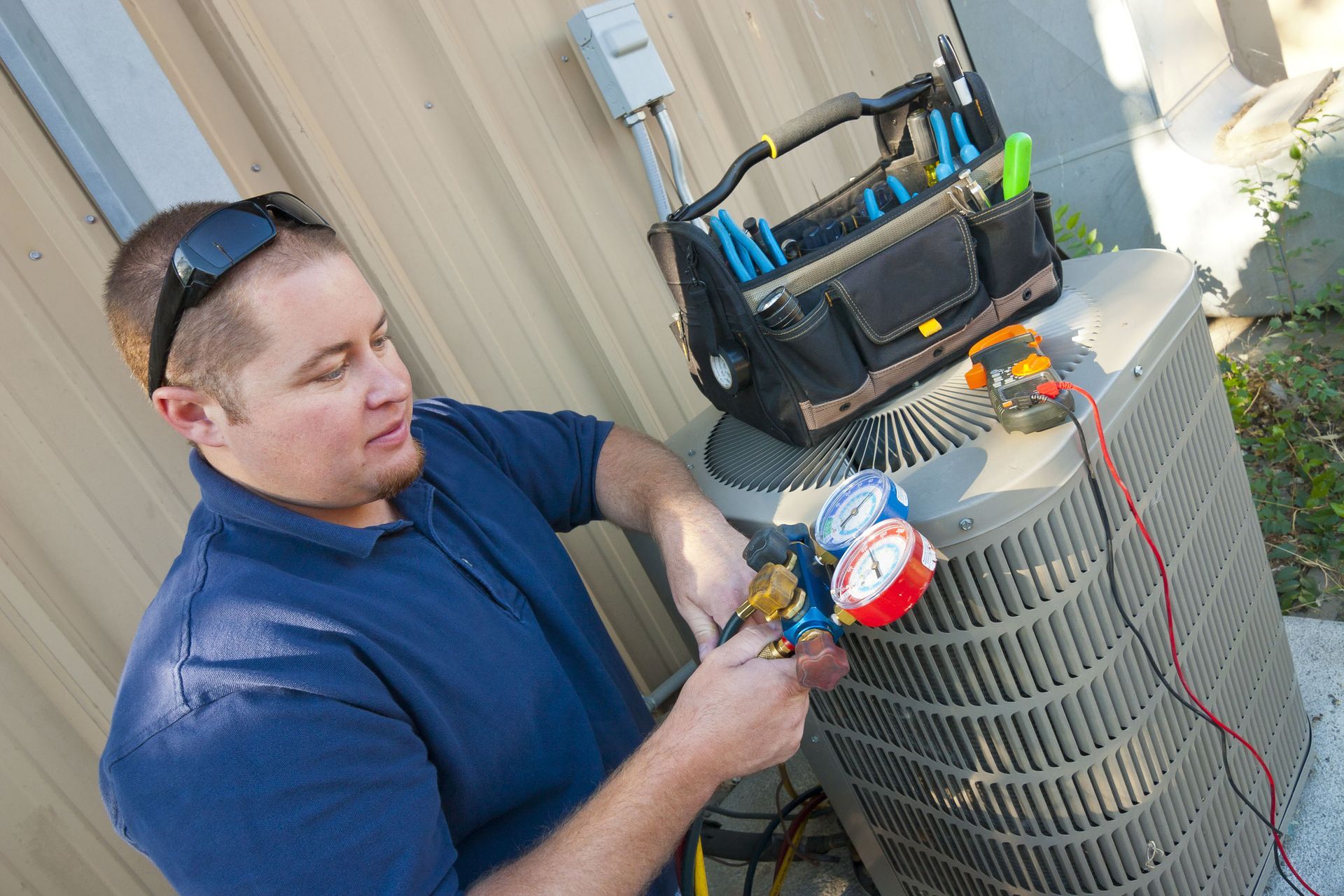
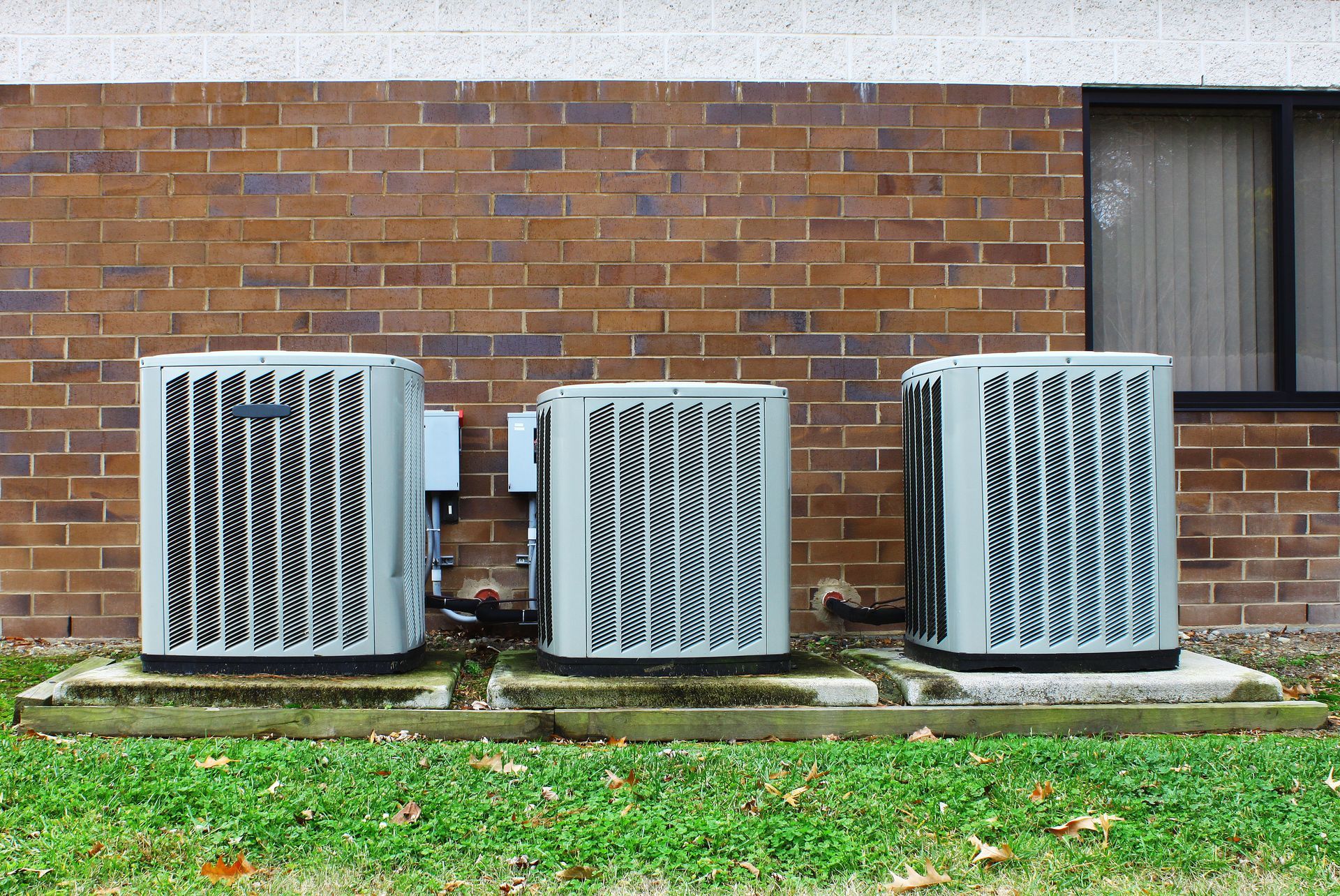


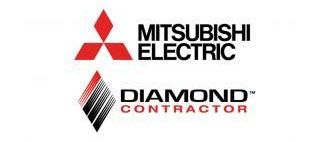

Share On: